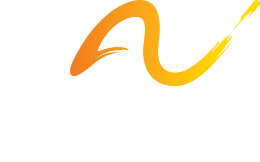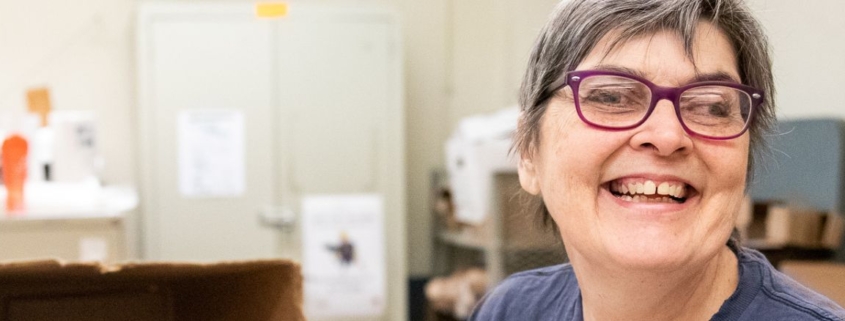The Arc New York believes that the ability of families to attain a desirable lifestyle for themselves and their family member with intellectual and other developmental disabilities should be maintained and continually strengthened.
It is The Arc New York’s position that:
- We strive to address unmet needs on every level in whatever way is most effective.
- When properly resourced, the family is usually the best source of support for an individual with intellectual and other developmental disabilities. No family or caregiver should be under strain or duress as they strive to provide for the basic needs of their loved ones.
- Family opinions, concerns and interest must always be listened to and be included in service planning and in every facet of the individual’s life.
- In addition to family, other supports and services must be available throughout the life of the individual. In some instances, appropriate support for the family of an individual with I/DD may be some level of residential placement (e.g., respite care, summer camp, supportive apartment, or group home). As individuals and their families age, residential resources take on increasing importance.
- A full array of supports and services must be available and maintained. The Arc NY encourages innovative methods for supports and services, which must be proven and well-established prior to replacing existing services.
- The support necessary for the individual should be determined by the individual and the family when appropriate and not in conflict with the individual’s wishes.
- Families must be provided with sufficient information to make informed decisions and to advocate for services that will best meet the needs of their family member.
- These supports must assist families in the promotion of inclusion of children and adults with intellectual and other developmental disabilities in every aspect of their life in the community.
- A community-based support network of interested citizens and family members should be encouraged as part of the community that helps facilitate access to community resources.
- Advocates for local, state and national policy must be family-centered and reflect the principles and goals of person-centered and self-determination strategies in all of their advocacy efforts





